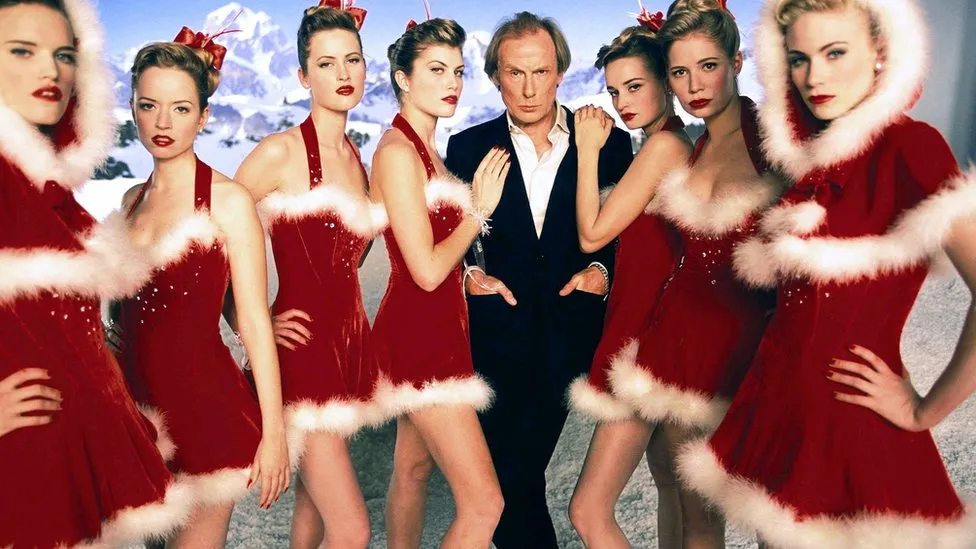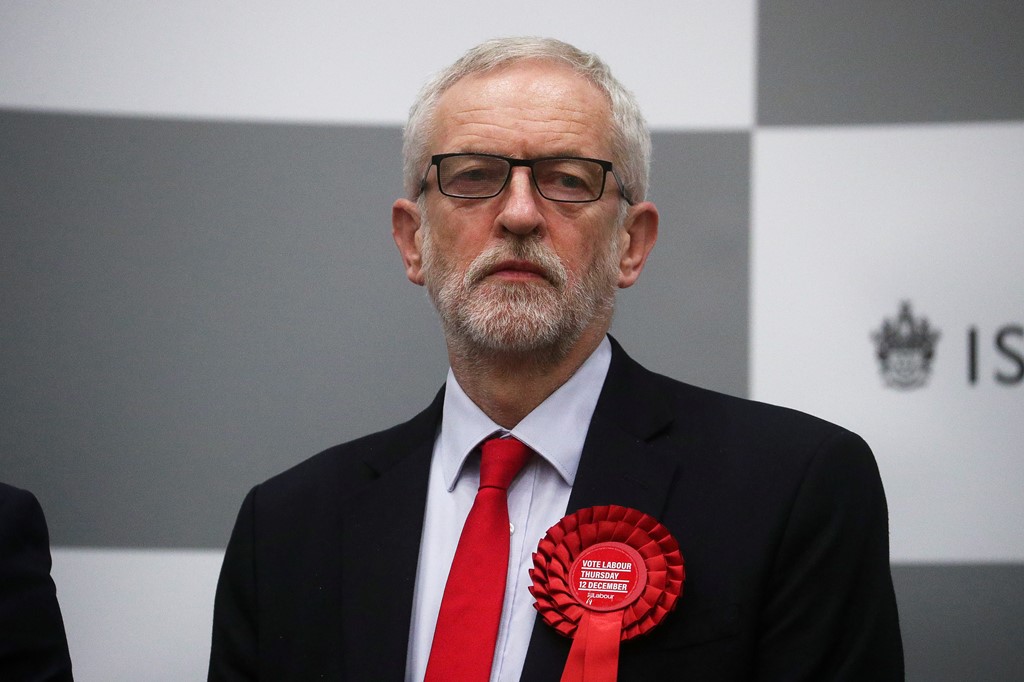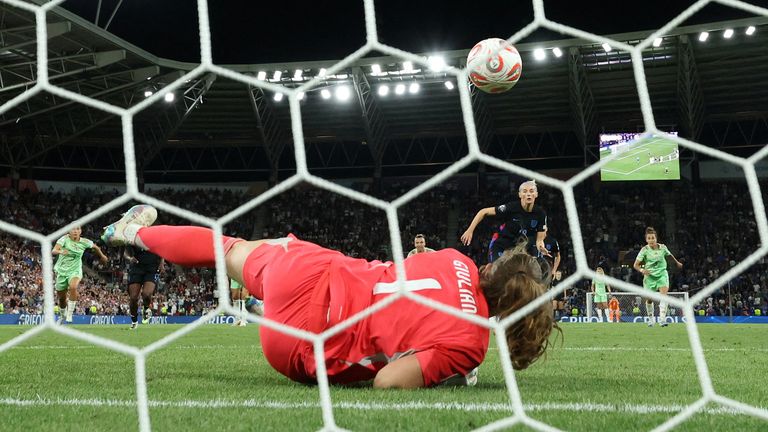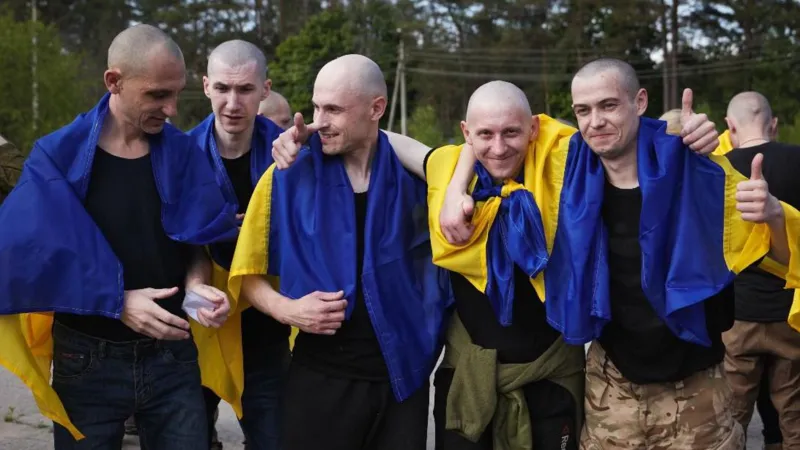Love Actually at 20: Are we still in love with the controversial Christmas classic?
As washed-up rock star Billy Mack, played by Bill Nighy, finally nails the lyrics to the festive version of Love is All Around (aptly renamed Christmas is All Around), he realises how awful the song is. His manager, grinning, agrees that it is rubbish - "solid-gold" rubbish.

And so the scene is set for Love Actually, a two-hour whirlwind of improbable, questionable and downright daft scenes of love, propped up by a star-studded cast.
The world may have moved on from dial-up internet, Apple's iPod and low-rise jeans - but two decades on, Richard Curtis's 2003 festive drama remains a Christmas classic, albeit a controversial one.
The interlinked romantic tales of middle-class characters professing their love at Christmas gets an annual grilling from critics, viewers and even some of those involved in the film, who point out the unrealistic portrayals of love, questionable character decisions and outdated jokes.
In a cast reunion last year, the writer and director admitted the film was "bound in some moments to feel out of date" and that "the lack of diversity makes me feel uncomfortable and a bit stupid".
Perhaps that was his reason for opening his festive variety show, Christmas Actually, with a montage of people hugging at an airport and a Hugh Grant voiceover telling us love is shared not only at Christmas, but at Diwali, Eid and Hanukkah too.
Curtis has also called himself "unobservant" for including fat-shaming jokes that "aren't any longer funny", and said he had "let himself down" by cutting an LGBT storyline in the final edit.
Despite the misjudgements and gaffes, what many viewers want from a festive film is what Love Actually provides: easy watching, a cosy Christmas setting and an unabashed celebration of love.
"I do not expect Christmas movies to be masterpieces with great social politics. I am happy for them to be cheesy romances," film critic Helen O'Hara tells the BBC.
"The incredible cast, really great moments that everyone likes and hilarious gags make us overlook the bad bits, and watching it today provides a nostalgic glow," she adds.
The more the over-the-top, saccharine and ridiculous gestures of love are embraced, the more the film can be enjoyed.
Of course, the prime minister would never take a police escort to "the dodgy end of Wandsworth" on Christmas Eve to profess his love to Natalie, a junior member of his domestic staff, and no-one would declare their love to their best friend's wife, through the medium of A3 cue cards.
But it is these iconic, albeit slightly unhinged, scenes that continue to live on beyond the film.
It was real-life PM Boris Johnson who in the 2019 general election parodied the cue cards scene with the slightly less romantic declaration that "by next year Brexit will be done".
"That scene in Love Actually where Emma Thompson opens the Joni Mitchell CD is one of the greatest scenes in movie history," wrote one fan on Twitter, now known as X.
On TikTok, the scene is the most watched from the film, with one post reaching almost 10 million views.
As Colin Firth falls into yet another pond (once in Pride and Prejudice was not enough), Rowan Atkinson makes a cameo as a high-end gift wrapper with a gift box that is "so much more than a bag", and Grant looks to Margaret Thatcher for relationship advice (the first and last time she has been called a "saucy minx"), the film has its fair share of wonderful, wacky and weird moments.
The secret to Love Actually's longevity?
Christmas.
At other times in the year, we might be more critical of naff storylines, schmaltzy acts of love and out-of-date jokes, but at Christmas we allow ourselves to be lulled by Hugh Grant's earnest optimism that "if you look for it, I've got a sneaky feeling you'll find that love, actually, is all around".
Even for those who love to hate the film, it is not hard to get swept up in the festive spirit and feelgood factor that transcends its imperfections, especially while tucking into mince pies and wrapping presents.
-bbc







